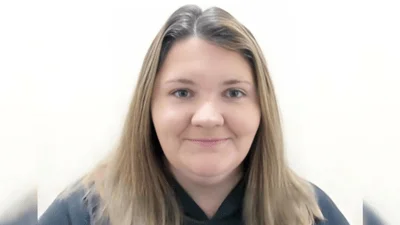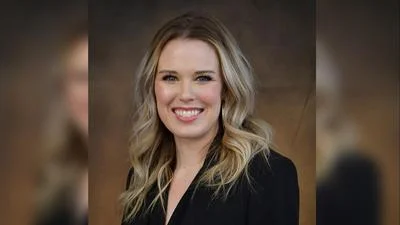State Representative Michael Coffey (IL) | Representative Michael J. Coffey, Jr. (R) 95th District
State Representative Michael Coffey (IL) | Representative Michael J. Coffey, Jr. (R) 95th District
The Illinois state legislature's actions impact various aspects of residents' lives, including taxes, infrastructure, education, and social programs. The legislative process is defined by the Illinois Constitution but influenced by the personal dynamics of its members. Legislators bring diverse backgrounds and priorities to their roles, affecting voting outcomes.
State Senators and Representatives are elected to represent their constituencies through legislation and voting. Although each legislator has one vote, those in the majority wield more power, especially with a supermajority. A three-fifths supermajority is sometimes required to pass certain bills or override a governor's veto, promoting bipartisan cooperation unless one party holds enough seats for a supermajority. Currently, Democrats have this advantage in both chambers and the Governor's office.
The traditional method of reaching agreements among legislative leaders and the Governor has changed. The Illinois General Assembly consists of four caucuses divided by chamber (House and Senate) and party affiliation (Republican and Democrat). Independent legislators face challenges without joining a caucus due to limitations on committee appointments and resources.
Each chamber elects its presiding officer by majority vote: the House chooses the Speaker; the Senate selects its President. Majority parties control these positions. Caucuses set their leadership selection rules; currently, presiding officers appoint leadership teams.
Caucuses can meet privately to discuss policy matters. Leaders in the General Assembly hold powers outlined in the Illinois Constitution:
- **Speaker of the House & Senate President**: These presiding officers are powerful figures controlling agendas and rules within their chambers. Their support or opposition significantly influences bill outcomes.
- **Minority Leader**: This leader belongs to the strongest political party outside that of the Speaker or President. Nominated by their caucus, they lead minority activities and act as opposition voices.
- **Committee Chairs**: Appointed from majority caucus members by presiding officers, they manage legislation flow within committees.
- **Committee Spokespersons**: Assigned by Minority Leaders, they lead minority committee members.
While procedures exist for legislation processing, human factors ensure unpredictability in outcomes—good bills may not advance while others might lack proper scrutiny. Ultimately, elected officials must prioritize constituents' interests alongside those of Illinois.






 Alerts Sign-up
Alerts Sign-up